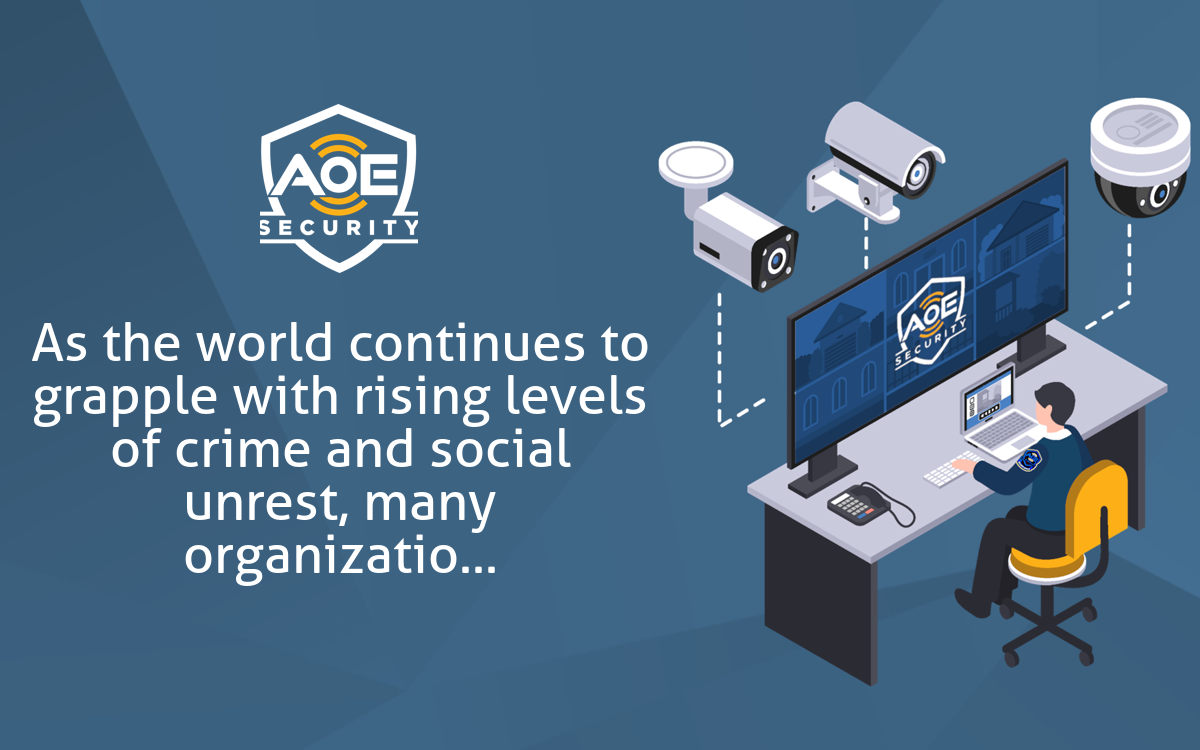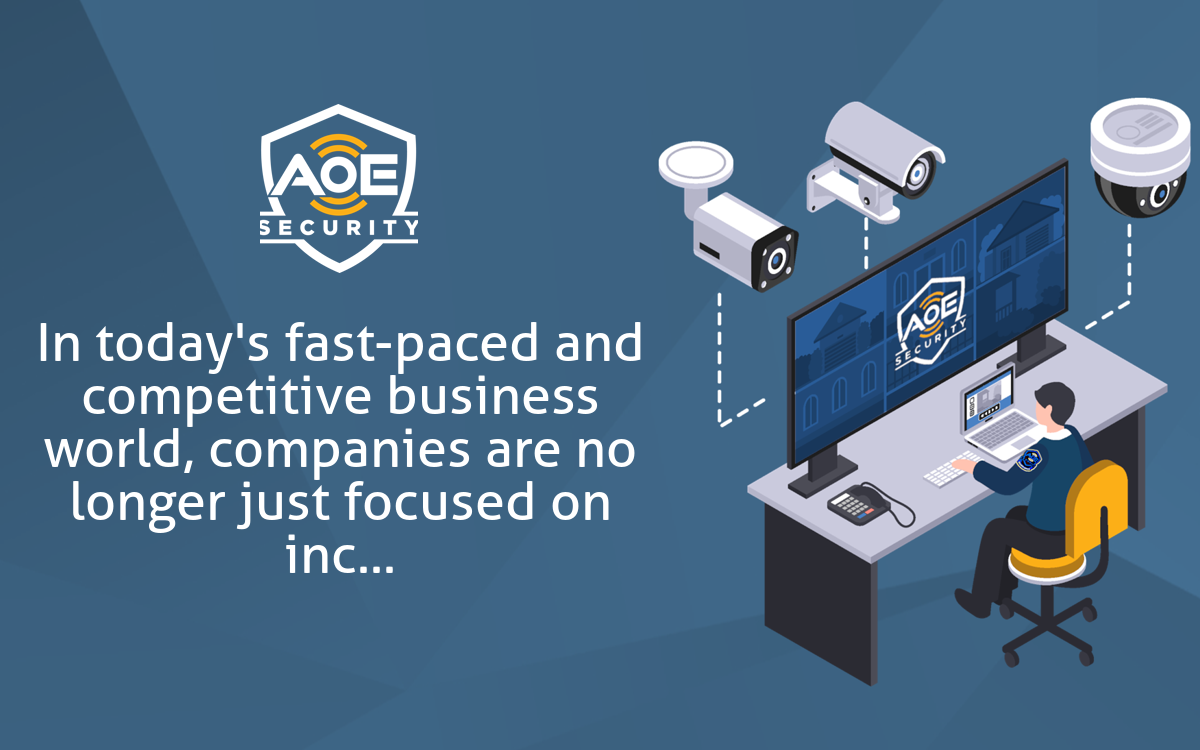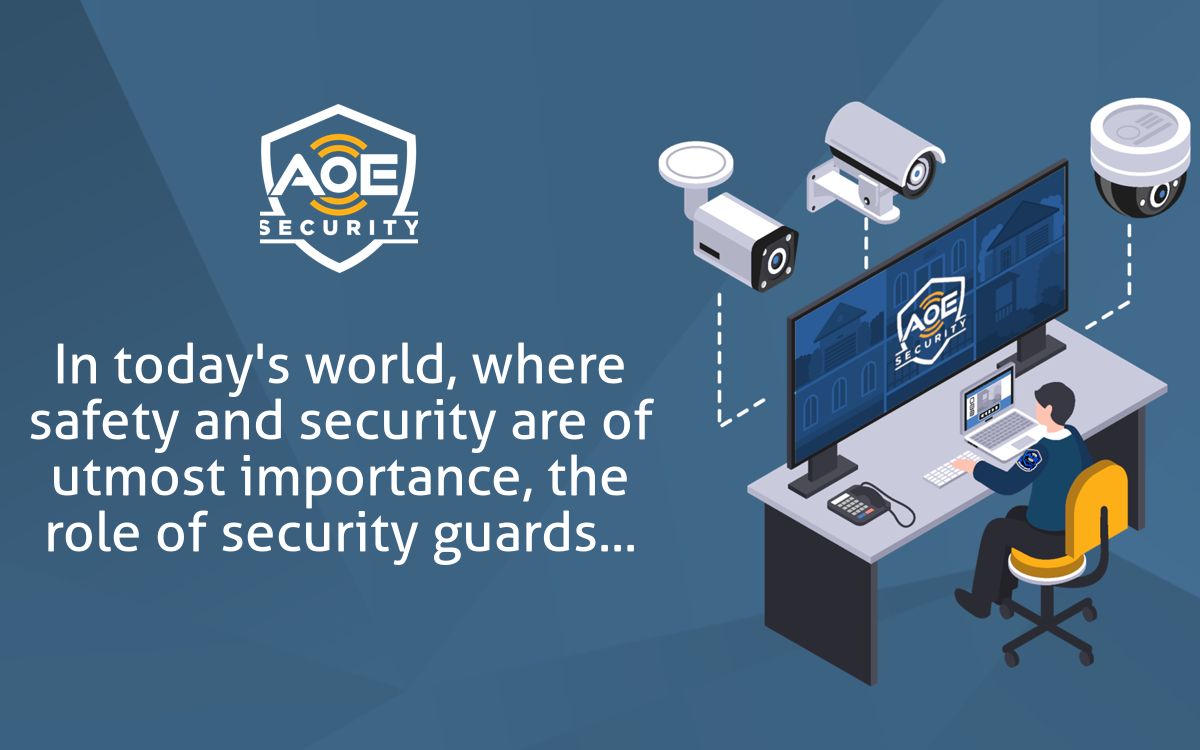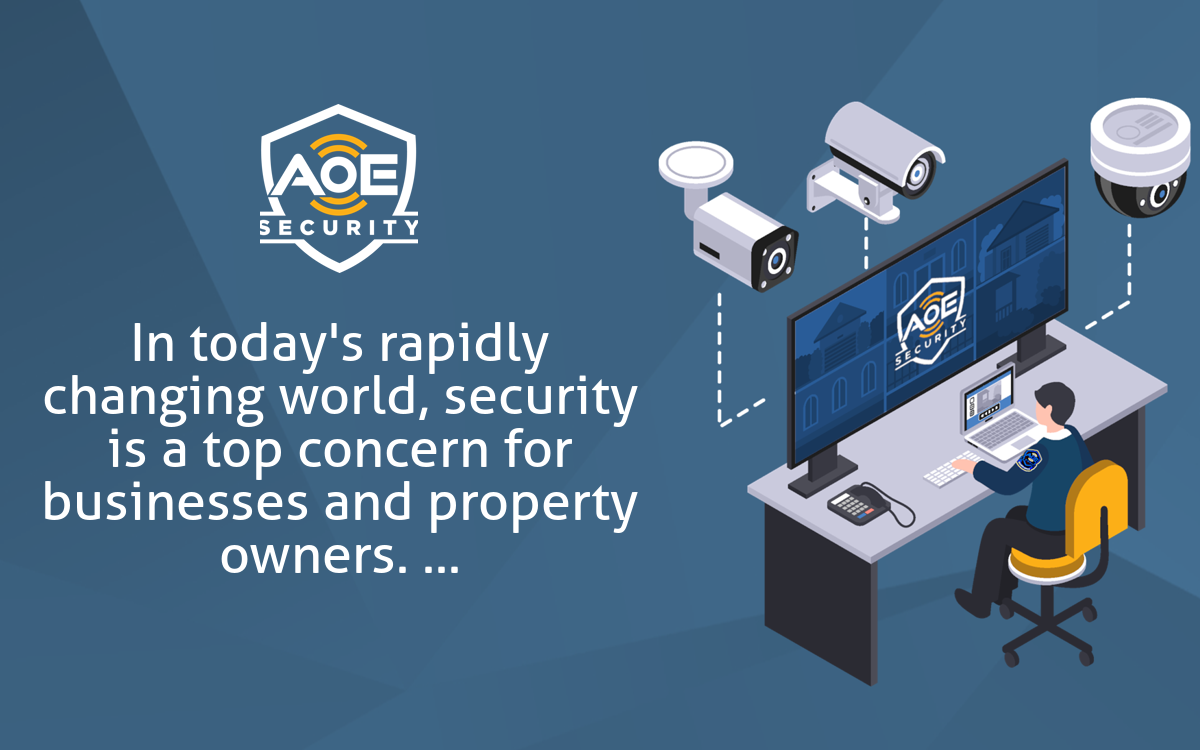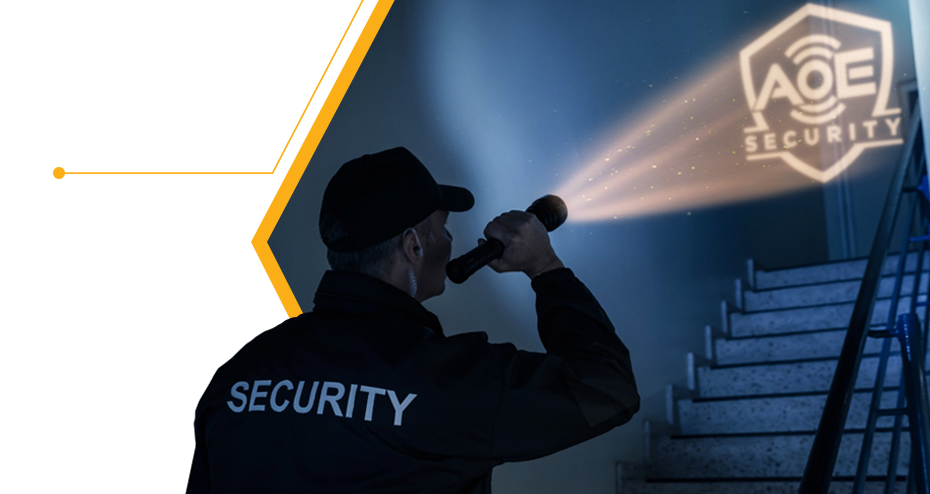As the world continues to grapple with rising levels of crime and social unrest, many organizations and businesses are turning to armed security guards to protect their premises and personnel. While armed security guards can be an important tool to reduce the threat of violence, they can also bring a range of legal issues to the forefront.
First and foremost, it is important to understand that the possession of guns or other weapons by security guards is highly regulated and requires special licensing. Depending on the state and local laws, the licensing process can be complex and expensive. In addition, security guards must be properly trained in the safe use of firearms, in accordance with applicable laws.
Another key issue is the liability associated with the use of deadly force by a security guard. In most states, the use of deadly force is only authorized in cases of self-defense or in defense of others. This means that security guards must be able to demonstrate that their actions were reasonable and necessary to protect themselves or another person from imminent harm.
The laws governing security guards also vary widely from state-to-state. For example, some states may prohibit the use of stun guns or batons, while others may require the presence of a second guard when carrying a firearm
#securityguards #security #securityguardservices #securityofficers #aoesecurity

